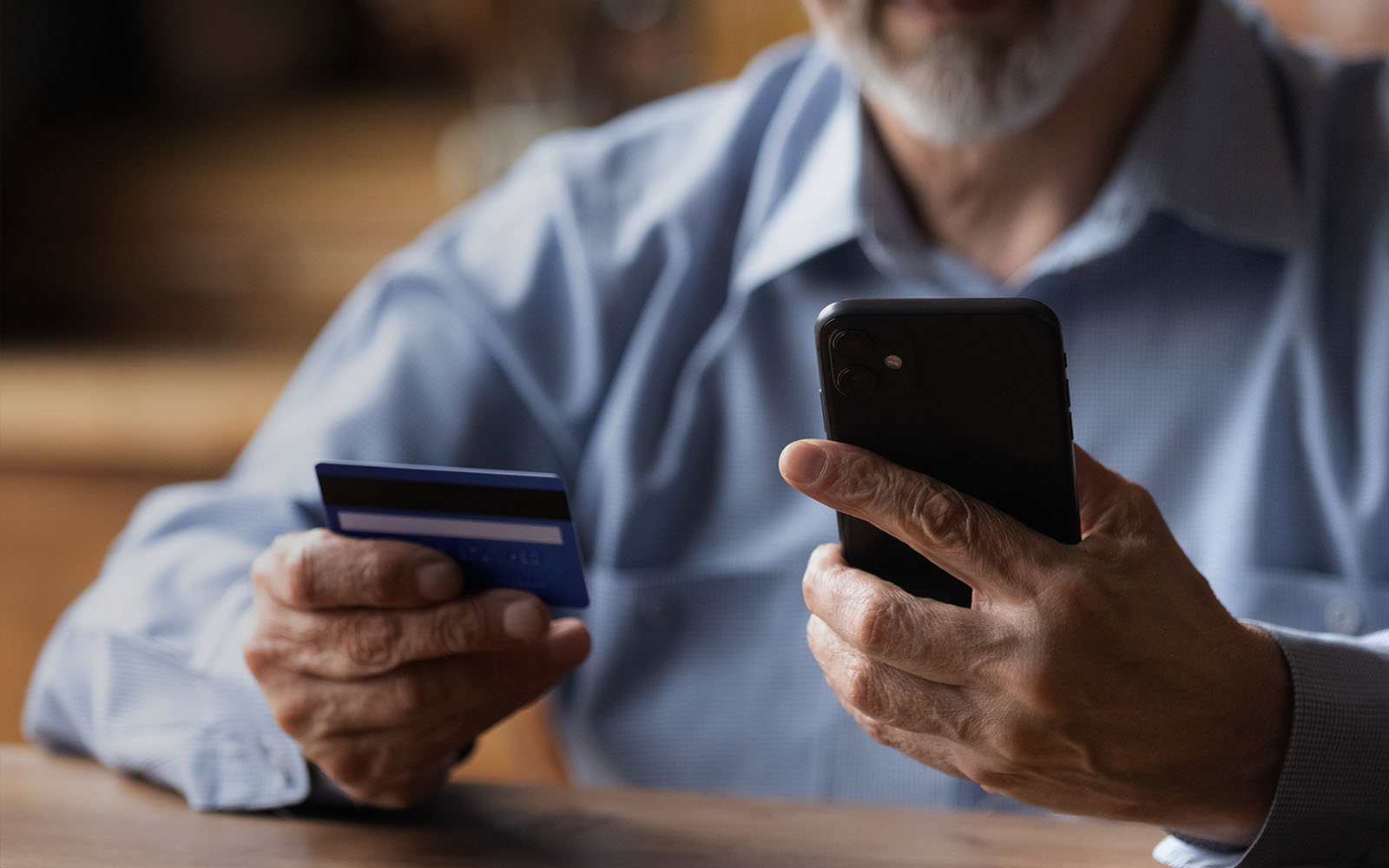This time of year we think about festivities and fun with friends and family. And sometimes we do it without thinking about finances. Often finances are something we don’t focus enough on through the entire year because we have acquired bad financial habits. They’re easy to fall into and can cause all sorts of personal and financial difficulties.
One bad habit that can affect people, especially during the holidays, is spending more than you earn. It can be challenging to keep up with the seemingly endless list of bills and financial demands, but if you want to get ahead, you must find a way to spend less than you earn. Making, tracking, and sticking to a budget is the best way to stay on top of your expenses and avoid overspending. A budget will help you determine which costs are necessary, which are optional, and which ones you can reduce.
Another common bad financial habit for people is Living on Credit. The typical credit card charges 19.99 percent in interest. That means any purchases you don’t pay off will cost you 19.99 percent MORE than you paid at the point of sale.
And it gets worse: If you don’t pay off last month’s balance, your credit provider will charge you interest on the interest they’ve already charged you! It’s no wonder debt can build up quickly and can be so challenging to pay down.
To avoid this? Stop using your credit card and commit to making all purchases with cash or debit card until you’ve paid off your debt. Incorporate common purchases like groceries into your budget so you always have the funds available when you need them.
And one of the hardest habits to control for people during the holiday shopping or anytime, is Impulse Buying. With the ease of online shopping and the average person seeing more than 20,000 advertising messages every day, it’s no surprise impulse shopping is on the rise and costing consumers big time.
The first line of defense against impulse buying is to make a list of what you need to buy and commit to buying only what’s on that list. The second line of defense is to give yourself a sufficient cooling off period between the urge to buy something and when you complete the transaction.
Take a moment to reflect on whether any of the behaviours we mentioned sound familiar to you. If they’re happening more often and not just during the holidays it may be surprising to discover how they’re impacting your life. But… a few small changes can completely transform your financial outlook and make for a happier 2022!
Subscribe to MNP 3 Minute Debt Break on your favourite streaming service.


